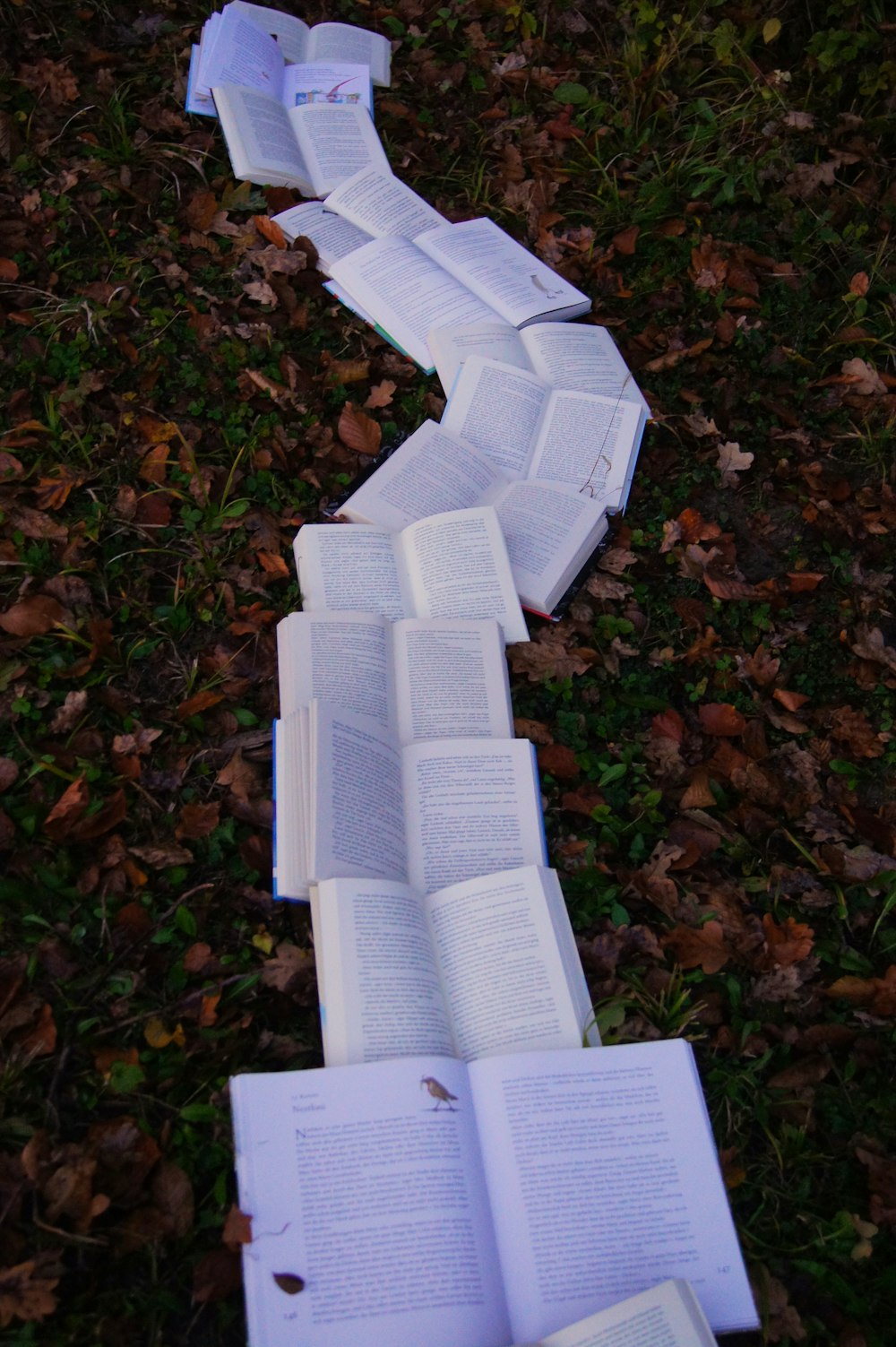In preparation for our CoL meeting this afternoon, I have planned to meet with 5 other CoL teachers who I will chat with about their inquiry focus this year. Here are the teachers I plan to meet with:
Kia ora, my name is Hannah Burton. I am the Creative Space and Extension teacher at Pt England School in Auckland, New Zealand. I began teaching at Pt England School in 2016 and am now in my 9th year here. During this time, I have been in the Manaiakalani Digital Teacher Academy, been a Manaiakalani-Google Class OnAir teacher, a Manaiakalani Innovative Teacher and a within-school Kahui ako (CoL) teacher.
Thursday 18 March 2021
CoL - finding my collaborative inquiry partner
CoL Inquiry 2021: The Challenge of Student Learning
The last couple of weeks has involved lots of learning about the children in my class and their learning needs. I teach the year 5-8 extension children. Over the last couple of weeks I have:
- Tested the year 5-6 extension children on spelling. Through this, I found there were about 4 children whose needed work on their spelling however spelling was not enough of a challenge for this group of children to spend a whole year on as an inquiry project.
- Tested the year 5-8 extension children on vocabulary. After discussions with deputy principal, Toni Nua, we both agreed that language development was something our extension children needed to work on. We decided to test the children on a PAT vocabulary test to find out more information about this.
Here is the data from the vocabulary test:
*Stanine 5+ is at or above where we would expect the child to be for their year level.
Therefore, the challenge of student learning which I am going to look into is this:
There is a disparity between the level of oral language and vocabulary which the year 5-6 extension children use and the level of language and vocabulary they can read and recognise in written texts.
Thursday 11 March 2021
Novel studies - WHY is this beneficial?
As mentioned in my previous blog post, I have observed that our year 5 and 6 children are really good at reading short texts that challenge them however many of them find it challenging to focus and be engaged in extended texts at their level which challenge them. There are a few questions I have around this.

Wednesday 3 March 2021
Inquiry focus 2021: Initial Data Collection
For my 2021 inquiry this year, I have been thinking about what a challenge is for the year 5 and 6 extension children who I teach twice a week. I am in an interesting position where I do not have my own class of children. My role could perhaps be most likened to how secondary teachers teach multiple groups of children each week. I believe that the year 5/6 group would be the most appropriate group to base my inqury on as I see them twice a week. As a result, I would have more of a chance to implement a regular pedagogical approach with them.
I asked myself this: What do the extension children have as a challenge/ something they need to work on which I could inquire into? Alternatively: Is there something totally different which could be beneficial for me to focus on in my unique role?
I have come from teaching year 5 children. As a result, I can draw upon observations and knowledge of some of the children who would be my focus for this inquiry. I have observed that some children in year 5 who read above their chronological age in reading have some difficulty with spelling. Therefore, I was wondering whether a focus on spelling with these children could be beneficial. I tested the group of children and came up with some data.
Test 1: Schonell Spelling Test
Data:
Interestingly, only 4 out of 17 children have spelling as an area of concern according to the Schonell test I gave them.
As a result, I decided that spelling was necessary to focus on for those 4 children whose spelling level did not reciprocate their strong reading levels however, it was not an area that I needed to focus on for the whole group for the year.
I had a conversation with Angela Moala, the year 3/4 team leader. We used to co-teach in a year 5 space and do well with putting ideas past each other. Through this conversation, I mentioned another observation I have made whilst teaching year 5 children who are strong readers. This observation was seen when I gave a group of 4 year 5 boys a novel to read. We had built up this novel and the children were all excited to read it. However, when it came to reading the book, only 2 were engaged to read it independently from start to finish. In my conversation with Angela, we realised this is a real challenge for this particular group of children. They are very good at reading short texts at their level however they do not all show an ability to focus on reading an extended texts independently.
My second idea for my inquiry is therefore, how can I support extension children in year 5 & 6 to be engaged in extended texts which are challenging and which encourage critical thinking. How can I get the children to engage in deep and thoughtful conversations about these extended texts which they read?
I am going to spend this week exploring this second inquiry idea.


